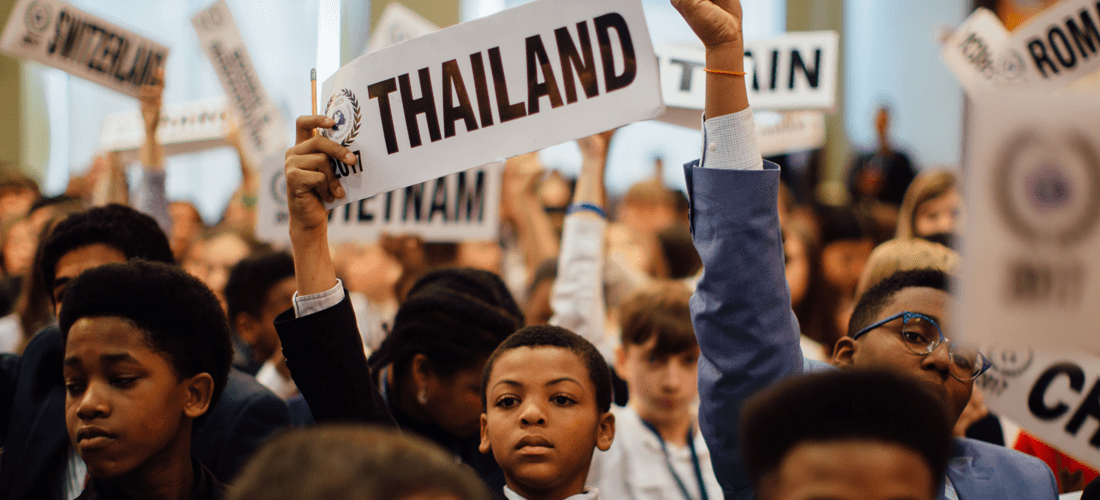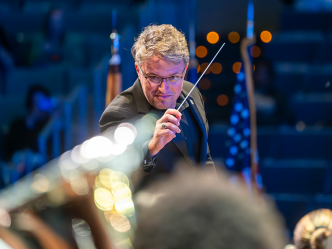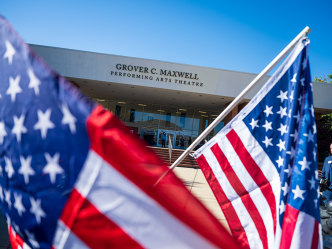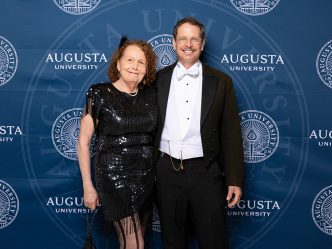The Department of Social Sciences in the Pamplin College of Arts, Humanities, and Social Sciences at Augusta University will host its eighth annual Junior Model United Nations program from 9 a.m. to 5 p.m. March 9 in the Dr. Roscoe Williams Ballroom of the Jaguar Student Activities Center.
The JMUN program, designed for middle school students, is a spinoff of the college-level National Model United Nations program. The goal of the program is to introduce middle school students to global challenges and help them learn about the culture and politics of another country.
JMUN participants assume the perspective of a diplomat from a UN member state and represent their position in a day-long simulation at Augusta University. Students are able to choose their state and conduct research prior to the conference in order to debate, negotiate and work toward a realistic solution.
The program promotes active learning: In addition to learning about their assigned country, participants must also learn about the structure and processes of the United Nations. Additionally, they will practice public speaking, problem-solving, negotiation and professionalism — skills that come in handy regardless of their later careers or academic disciplines.
The program’s theme changes every year: the 2021 theme was nuclear disarmament, and the previous year’s theme was a zombie pandemic. For 2022, the theme is climate change and environmental security.
The theme was chosen by Nadia Jilani-Hyler, senior lecturer of political science at Augusta University and director of the JMUN program.
“I landed on climate change and environmental security this year because I’ve read that these are issues young people are particularly concerned with. There’s a narrative in the general public that they’ll be responsible for solving these crises because adults today are ‘failing them,’” said Jilani-Hyler.
“I understand that this can cause some anxiety for youth today. I wanted our Junior Model UN participants to know that not all adults are ignoring climate change and that the UN is acting in various ways to try to curb the climate crisis, and to give them an idea of why the climate crisis seems so insurmountable. This is an international problem that no single country can solve. It requires international agreement and cooperation, and that process also requires compromise.
“Hopefully, the whole process gives participants a sense of agency over their lives, and their ability to affect positive change in not only this problem, but other problems they may encounter in their lives.”
Eight schools are participating in JMUN 2022, for a total of 130 participants.
To learn more about JMUN, email Nadia Jilani-Hyler.
 Augusta University
Augusta University




